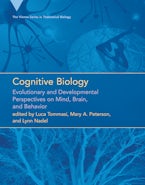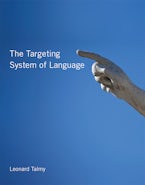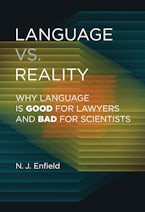This important book should be widely read by philosophers and cognitive scientists alike. It provides a major advance in the debate on metarepresentational capacities in nonhuman animals, and will come to be seen as a landmark in this rapidly expanding field.
Peter Carruthers, Professor of Philosophy, University of Maryland, and author of The Architecture of the Mind
Lurz gives us the best guide out there to the last 30 years of animal theory of mind research, and his challenges to the methodology of mindreading studies offer scientists and philosophers provocative advice about how to move beyond the current debate.
Kristin Andrews, Department of Philosophy and Program in Cognitive Science, York University, Toronto
Lurz's book offers an unusual combination: an insightful analysis of the conceptual problems in the field of nonhuman mindreading and a collection of original and thought-provoking designs for innovative empirical research. All in all, we are in the presence of the most original contribution to the debate in many years.
Juan Carlos Gómez, School of Psychology, University of St. Andrews
An updated, argued view of animals as social, intelligent beings. Robert Lurz has the unique ability to translate difficult, controversial concepts in philosophy of mind and cognitive science into accessible ideas. The questioning of animal social intelligence at its best. A very exciting read.
Claudia Uller, Lecturer in Psychology and Neuroscience in Education, University of Cambridge
There is much to be learned from reading this book, especially from the clarity that Lurz brings to his discussion of the logical problem... Lurz has provided a valuable guide to assessing a critical aspect of such experiments.
American Scientist
The book is an important contribution to the discussion of animal mindreading, and should be read by philosophers and psychologists working on the topic. It is clear enough to serve as an introduction, and sophisticated enough to challenge the status quo.
Notre Dame Philosophical Reviews
[A] thorough, insightful, and prescriptive account. A nice overview of research into mind reading in animals and why the question is an important one philosophically and from the perspective of psychological theories of mind. We strongly recommend this book to anyone interested in what animals may know (or not know) about other minds, and even to those who are interested in animal cognition more broadly because a number of the most compelling research programs in animal cognition are outlined.
PsycCRITIQUES












